Showing 1–20 of 41 resultsSorted by price: high to low
Micro Ohmmeter
A micro ohmmeter is an essential instrument for measuring low resistance values, crucial in various industries like power generation, rail, automotive, and aerospace. Unlike standard ohmmeters, micro ohmmeters measure resistance levels as low as 1 micro ohm (0.000001 ohms), making them far more sensitive and accurate.
Understanding the Importance of Micro Ohmmeters
What is a Micro Ohmmeter?
Micro ohmmeters are particularly valuable for testing the integrity of electrical connections, busbars, transformers, and circuit breakers, where even minimal resistance can lead to energy loss, overheating, or equipment failure. By providing precise measurements, these instruments help engineers identify weak or deteriorating connections early, ensuring safety, improving efficiency, and extending the lifespan of critical electrical components. Their portability and advanced features, such as data logging and automated test sequences, make them indispensable tools for both field and laboratory applications.
How Does a Micro Ohmmeter Work?
Micro ohmmeters measure the resistance of electrical conductors and other low-resistance materials. They function by applying a continuous current source and measuring the resulting voltage drop across the conductor. Using Ohm's Law (Resistance = Voltage/Current), the device calculates the resistance value accurately.
Types of Micro Ohmmeters
- Milli-ohmmeter: Designed for slightly higher resistance measurements.
- Low-resistance ohmmeter: Ideal for very low resistance values.
- Standard Micro Ohmmeter: Offers a balance for various applications.
Key Features of Micro Ohmmeters
- High Accuracy: Precision measurement of very low resistance values.
- Wide Resistance Range: Capable of measuring from micro ohms to several thousand ohms.
- Dual Range Capability: Some models can measure both high and low resistance levels.
- Automated Measurements: Advanced models offer automation, reducing errors and saving time.
- Portability: Designed to be easily transported to job sites and other locations.
Applications of Micro Ohmmeters
- Electrical Cable Testing: Regular testing ensures that electrical cables have acceptable resistance values, especially those carrying high currents.
- Electric Contact Resistance Testing: Measures the resistance of contacts in switches, relays, and other electromechanical devices.
- Ground System Effectiveness: Evaluates the effectiveness of grounding systems in electrical setups.
- Weld Quality Inspection: Checks the quality of welds in metal structures and machinery.

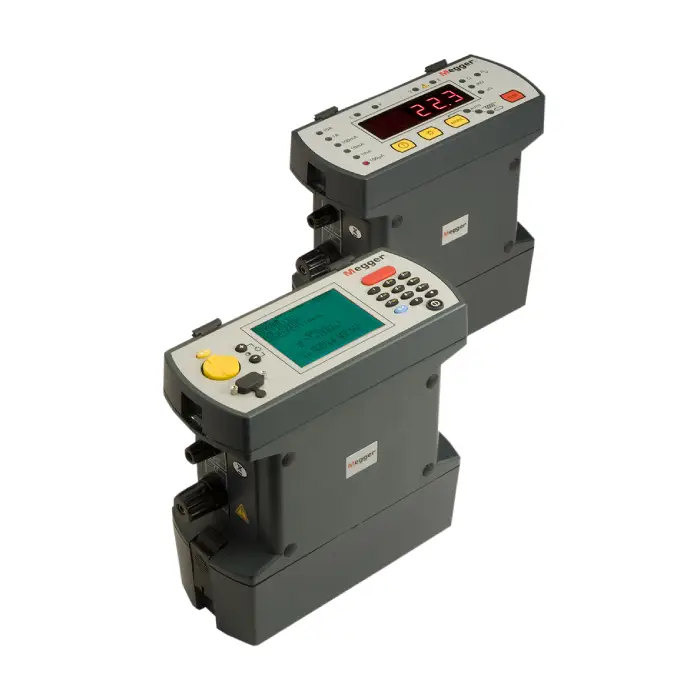
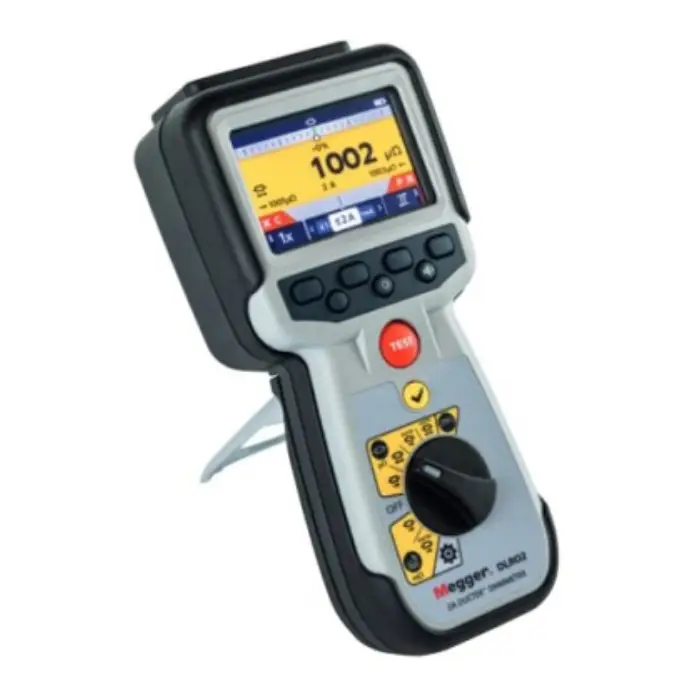
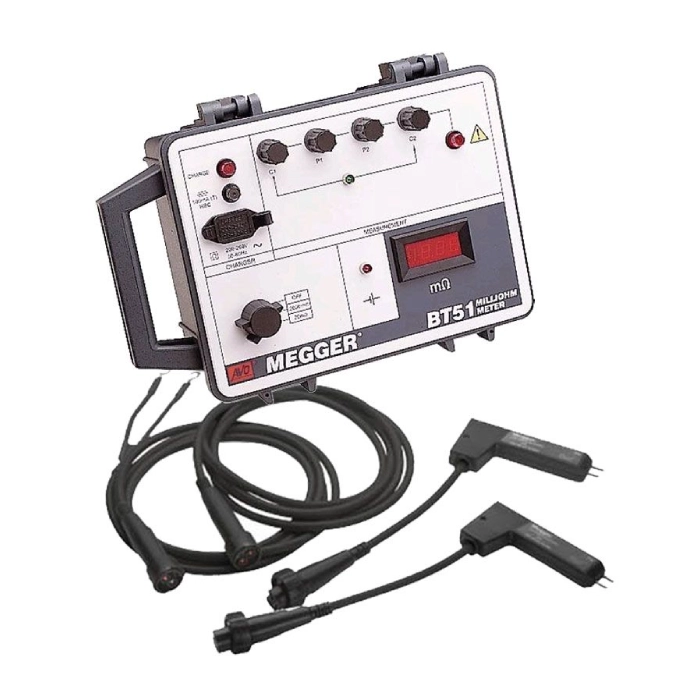












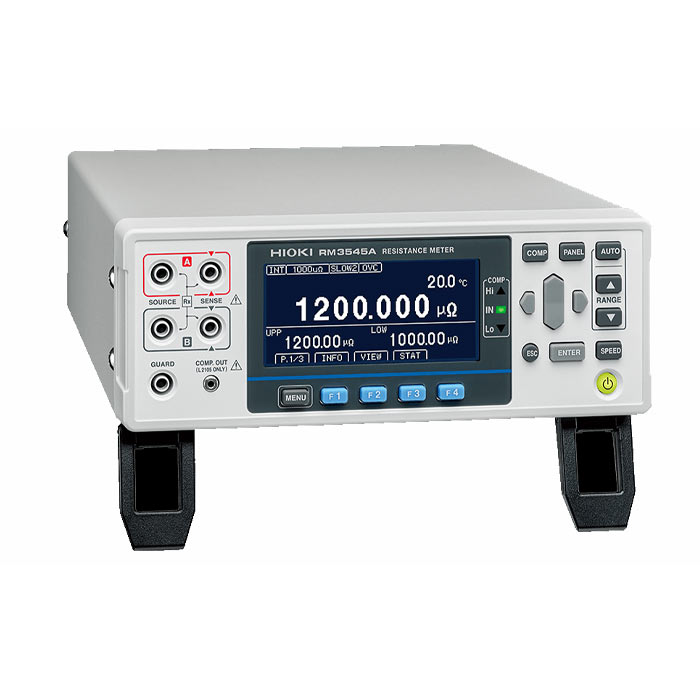
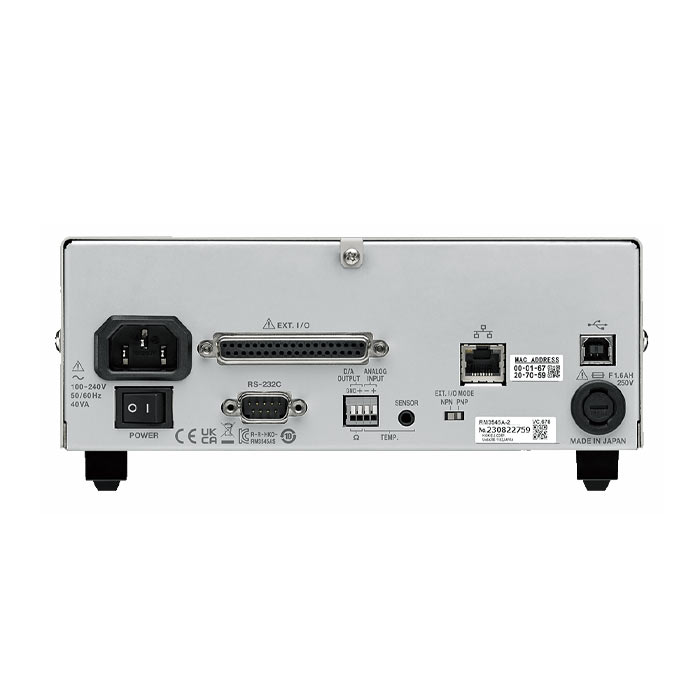










 Bench Multimeters
Bench Multimeters